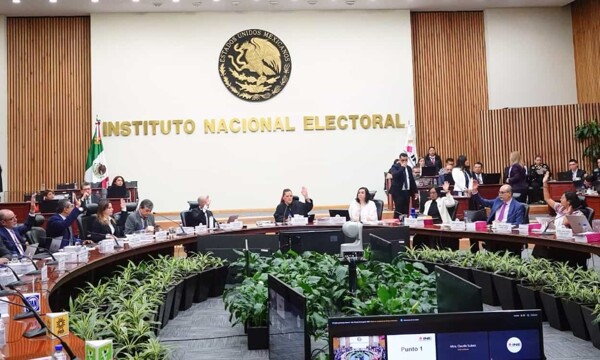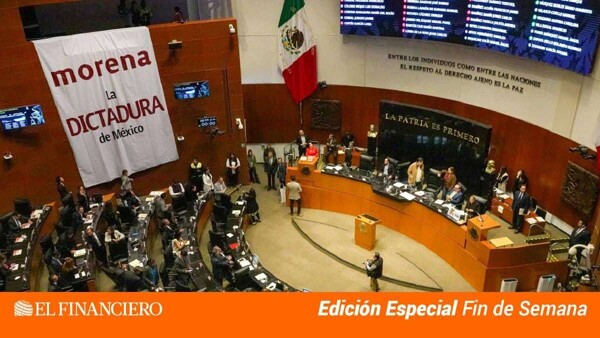
TEPJF magistrate, Felipe de la Mata, predicted that with the new judicial reform, future Supreme Court justices will be considered "the state’s favored children." This raises questions about whether they will be the favorites of certain political figures. Currently, various key areas such as the Budget, Security, Welfare, the Superior Audit, and Jurisdiction are in the hands of Morena members and their allies.
After several private sessions, the budget proposal presented by the president minister, Norma Piña, was finally approved. There was a humorous comment from Ricardo Monreal about the situation. Meanwhile, in San Lázaro, deputies of the '4T' accelerated the installation of ordinary commissions with urgent calls. This move was made because time was of the essence, according to the deputies.
The Court finally managed to approve its budget, having made significant reductions, such as the decrease of salaries for high-ranking officials, including the ministers. Despite this, Minister Lenia Batres expressed her dissatisfaction, arguing a lack of austerity in the figures. In another event, the governor of Sinaloa, Rubén Rocha, experienced an incident by getting stuck in an elevator in San Lázaro.
The Judiciary has been questioned for allegedly overstepping its powers, while the Executive and Legislative branches carry out actions that criticize the Judiciary. Commissions have been hurriedly established, generating complaints from the opposition regarding a lack of timely notice. Nevertheless, questions about compliance with the law persist.
There is a call for the president to respect the law and a demand for compliance with regulations by the legislators. In various situations, a certain tension and disagreement have been perceived in relation to the decisions made in the judicial and legislative arenas.














